Coronavirus: UK forces all citizens over 70, pregnant women to self-isolate for 12 weeks; France, EU in lockdown
Scientific advisors told the UK PM the health system would be overrun, resulting in 250,000 deaths, if he didn’t switch to a suppression strategy.
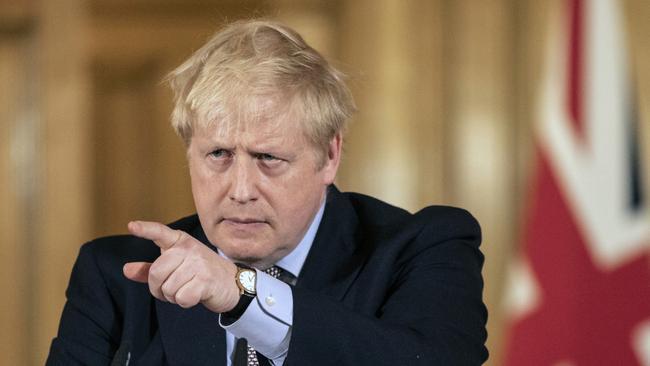
Britain faces a doomsday scenario of social distancing and lockdown in the country for as long as 18 months to two years until a vaccine becomes available to combat the coronavirus, believes the government’s scientific advisory panel.
The British government has switched tack and is now trying to suppress the virus in a new long term strategy which has been described as having “profound’’ social and economic effects involving social isolation for huge periods of time.
This comes after the team of scientific advisors realised only “in the past few days’’ that the UK health system would be completely overrun resulting in at least 250,000 deaths if a “mitigation’’ strategy announced last week was continued.
The new frightening advice by the scientific team of experts to Prime Minister Boris Johnson is that the only option is to adopt a “suppression’’ plan, involving strict isolation of the elderly and social distancing and closure of public gatherings such as sport, pubs and clubs that could go on for the next 18 months or until a vaccine becomes widely available.
On Monday night the chief medical doctor Professor Chris Whitty warned that combating the virus was “for the long haul’’ but it wasn’t until publication of the scientific advice underpinning the government’s actions that the apocalyptic scenario emerged.
If suppressing the virus is successful — and civil disorder doesn’t break out because of a breakdown in society and enforced lengthy isolation — the scientists say taking the long term approach would result in deaths in the tens of thousands, not hundreds of thousands.
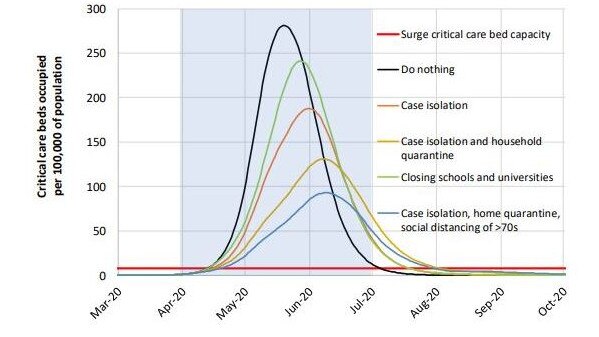
The scientists say the modelling can also be used by other well developed high socio-economic countries — such as Australia.
It is unclear which strategy Australia will adopt once the rate of contagion starts to spike.
Mr Johnson’s announcements on Monday night, advising people not to congregate in pubs or theatres and for the over 80’s and pregnant women to self-isolate for 18 months was part of the new direction, the scientists said.
“We were expecting herd immunity to build. We now realise it’s not possible to cope with that,” Professor Azra Ghani, chair of infectious diseases epidemiology at Imperial College London, told journalists on Monday night.
The head of the scientific modelling team, Professor Neill Ferguson, said: “We have had bad news from Italy and from early experience in UK hospitals that the intensive care requirements will be nearly twice what we had anticipated.”
Mr Johnson had announced last Thursday that the country wanted to pursue a “mitigation’’ plan which slows but not necessarily stops epidemic spread — reducing peak healthcare demand while protecting those most at risk of severe disease from infection. Such a plan was to involve around three months of peak virus activity, with 80 per cent of the population contracting the virus but not being seriously impacted.
Modelling of this mitigation scenario showed 4.4 per cent of people would be hospitalised, of which 30 per cent in hospital would be in critical care. Of that number in critical care it was assumed half would die, mainly people over 70, or with underlying health conditions.
The United States was adopting a similar plan, which involves the potential deaths of more than a million, mainly elderly people, the scientists said.
But when the scientific team refined its estimation of likely intensive care unit demand based on the experience in Italy and early stages of the virus in the UK they did an abrupt u-turn. They discovered that the intensive care facilities in Britain’s National Health Service would be overrun eight times over.
As a result they have told the government to adopt a suppression strategy, despite warning of its “profound’’ social and economic effects.
“Epidemic suppression is the only viable strategy at the current time,’’ they said in their scientific advice.
“The social and economic effects of the measures which are needed to achieve this policy goal will be profound.’’
They say that the social distancing of the entire population, home isolation of cases and household quarantine of their family members, supplemented by school and university closures, would need to be maintained for around 18 months until a vaccine becomes available.
They added: “We predict that transmission will quickly rebound if interventions are relaxed. We show that intermittent social distancing — triggered by trends in disease surveillance — may allow interventions to be relaxed temporarily in relative short time windows, but measures will need to be reintroduced if or when case numbers rebound. ‘’
UK forces all citizens over 70 to isolate for 12 weeks
Boris Johnson announced “difficult and highly disruptive measures’’ across the United Kingdom, forcing all citizens aged over 70, pregnant women and people with vulnerable medical conditions to self-isolate for 12 weeks to protect them from the impact of coronavirus.
For everyone else, they have been urged to avoid pubs, clubs, restaurants and cinemas, although the government has stepped back from officially ordering closures of those businesses. It has also kept schools open — but Mr Johnson said this was constantly under review. Policing and emergency services have been withdrawn from mass gatherings, effectively closing sporting events throughout the country.
French President Emmanuel Macron also ordered citizens to stay at home except for essential reasons, mirroring measures against the new coronavirus taken in neighbouring Italy. And the European Union moved to suppress the spread of the coronavirus by restricting foreign travellers while also proposing fast-track traffic lanes to make sure vital medical equipment reaches EU citizens.
In the UK, the three-month isolation period for a huge swathe of the British population will hit people hard and be difficult, experts said. The isolation for pregnant women came as a surprise, but doctors said it was made out of an abundance of caution.
Mr Johnson said: “This is a very substantial change in way we want people to live their lives; I can’t remember anything like it in my lifetime or in peace time. It is a very considerable and psychological change we are asking you to do and no doubt we can do it together.’’
He said the spread of the coronavirus was particularly serious in London which is several weeks ahead of the country in rate of the virus spread.
But Mr Johnson said the economy would come “roaring back’’ once the disease was under control. He said other countries in the G7 understood the potential for a severe blow to the economy and the risk to demand and supply but he insisted it was a short term problem.
“Unlike 2008 (the global financial crisis) it is not a systemic problem in the economy; if we get the disease under control we can flatten the peak and eventually it will tail off, then there is absolutely no reason why economies worldwide cannot come roaring back,’’ he said.
Mr Johnson, flanked by the chief medical officer Professor Chris Whitty and the government’s chief scientist Sir Patrick Vallance, warned in dealing with the virus that “the crucial thing is timing, to have the maximum effect we think this is the right package (of social distancing measures) as we move up the curve as foreshadowed.’’
At the moment Britain is testing people in intensive care units and other people who present with respiratory illnesses to hospitals, but not in the community, so the real numbers of those with the virus are unknown.
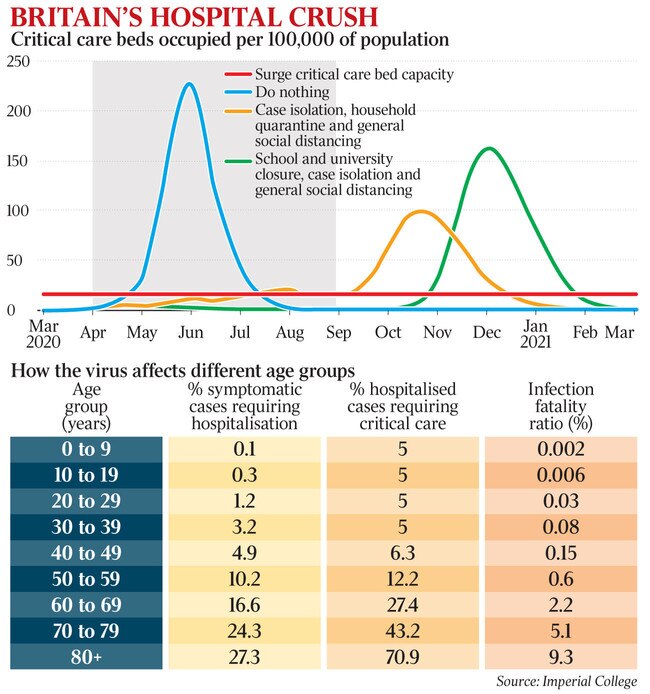
However, Sir Patrick said the virus was doubling in number every five days, and last Thursday he thought there was around 5000 to 10,000 people with the virus in the country. The health service would expand testing to medical workers, he said.
But he warned that the country was “on a fast upswing or about to get there so that’s why we want to come in quite quickly with these measures’’.
Infected people have been told to isolate for seven days, but if they are in a household with others, all household members even if feeling well have to self-isolate for a fortnight.
Professor Whitty warned that dealing with coronavirus was not an issue of a couple of weeks.
“Sustainability is absolutely critical, not a couple of weeks and the virus will go away, people have to think of a minimum weeks and months and it may go longer. We’re in for long haul on this, we have got to see this as a long game.’’
Professor Whitty said the studies so far showed there were no complications for the small number of women who have delivered babies while infected with the virus. While he said there was no evidence from other coronaviruses like SARS and MERS that pregnant women and their unborn child were in danger from the virus, he said doctors weren’t completely sure its safe.
“To include pregnant women in the group of older people and those with pre-existing conditions (to isolate for three months), well, we might find it is overkill, but I want to be precautionary,’’ he said.
Europe acts
In other developments, the European Union is to close its borders to incoming travellers for at least a month.
Across the Channel, the French president Emmanuel Macron has announced unprecedented Italian-like home curfews on most citizens from noon Tuesday.
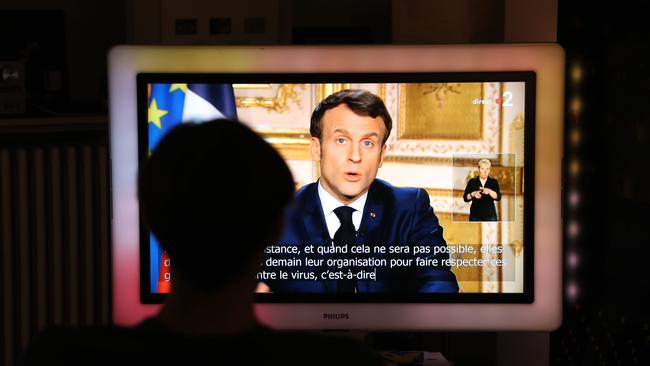
Mr Macron said that outdoor gatherings are now banned and people will not be allowed to meet with friends or family for a walk in the park for at least two weeks. People will only be allowed outside the house to go to the pharmacy, work or the supermarket.
He postponed the second round of local elections and deployed the military in Alsace to assist with hospital requirements. Taxis and hotels have been mobilised for the state.
“We are in a time of war,’’ Mr Macron said repeatedly. “No one knows how long, problems lead to further problems, we will need insight and cunning from the scientists and we will have to adapt.’’
He told the nation: “Do not give into panic, nor disorder, we will overcome’’.
Mr Macron has also announced €300bn to cover business losses and a solidarity fund for the self employed.
The European Commission president Ursula von der Leyen has tried to bring the EU states together, announcing on Monday that the whole of the EU and Schengen countries would close the EU external borders.
She will have to put the plan to the 27 EU states on Tuesday for immediate approval.
However, controversially she has insisted that the decision would also be binding on Britain because even though it left the EU earlier this year, the country was still in a transition period and subject to EU decisions. This will allow Britons to travel unrestricted to the continent, but it is unclear if Britain will allow EU travellers to enter its territory.
Ms Von der Leyen said she had told the G7 partners of the temporary introduction of “non-essential travel to the EU’’ which would stop travel in or out of Europe.
But she also called on members of the G20 — which includes Australia — to “accelerate work so our work is as effective as possible’’. It was unclear exactly what she was demanding of the G20 countries.
She said in a Brussels press conference: “We must co-ordinate the measures to reduce the impact on supply chains. It is important to look at different measures and neighbouring countries must harmonise their measures with the same strong message… it is difficult at the moment.’’
She also warned that the EU wouldn’t hesitate to take further action — but she didn’t specify what that would entail — to restore global economic confidence and strengthen the EU economies.
But while a video conference of the member states agreed to work together as a cohesive unit, various EU countries intensified their differing border requirements. Austria has agreed to allow Italians entry, but only if they have a medical certificate, while the Slovenia border with Italy remained closed.




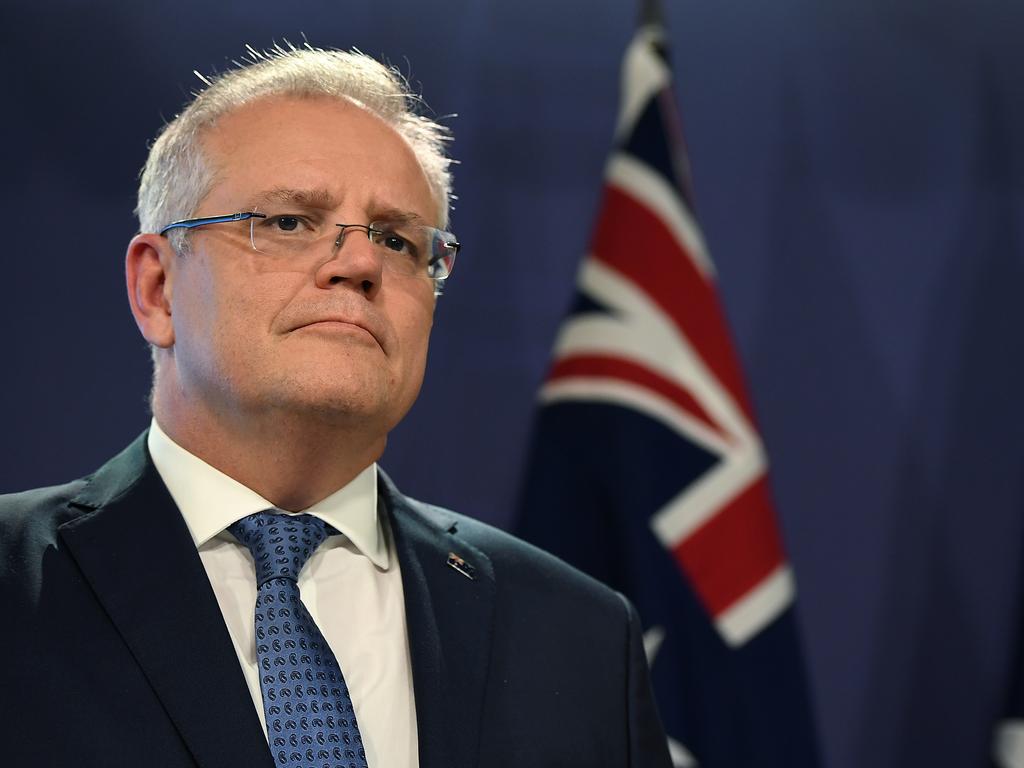
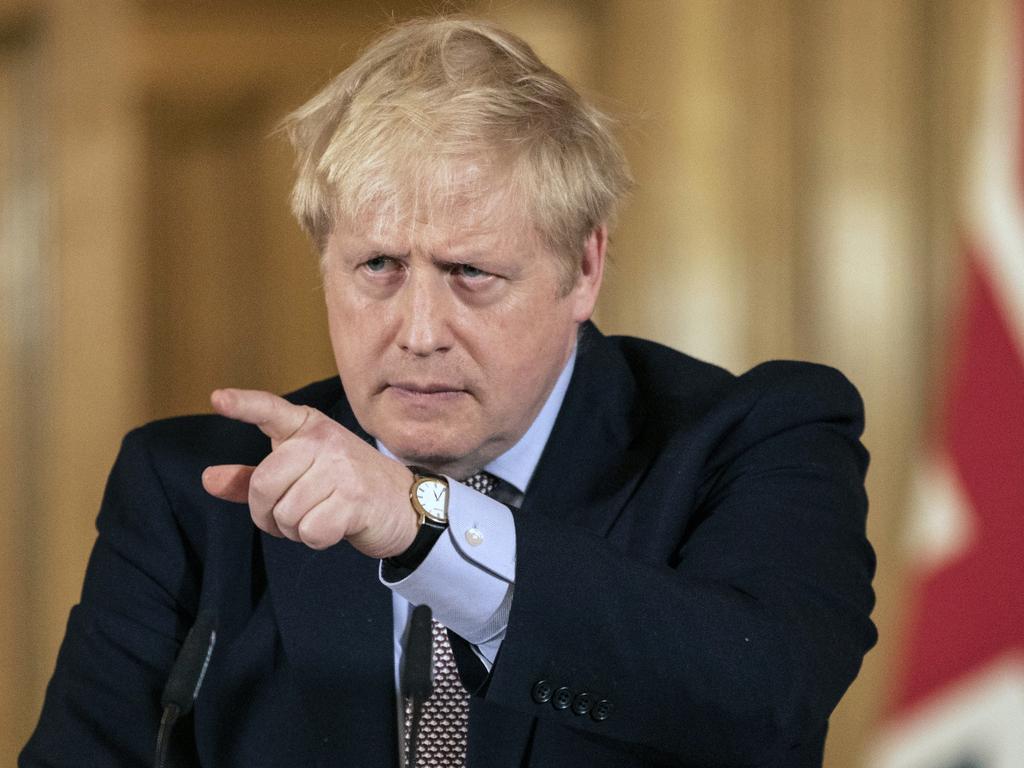


To join the conversation, please log in. Don't have an account? Register
Join the conversation, you are commenting as Logout